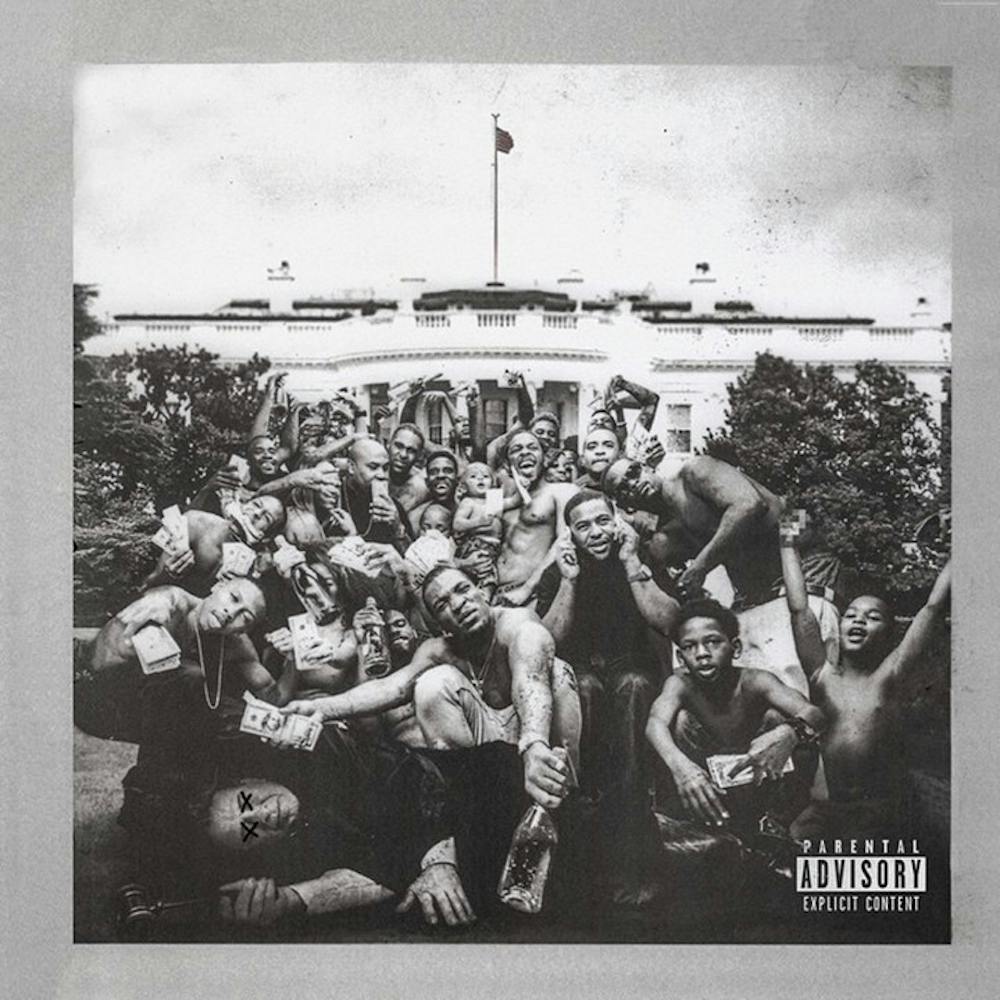Kendrick Lamar is undoubtedly this generation's Tupac Shakur.
Compton-based rapper Lamar has just released his second studio album “To Pimp A Butterfly.” His latest album since 2012’s “good kid, m.A.A.d. city,” a concept album about street-life as a teenager.
This album is serious — seriously good. From the amazing production, heavily influenced by acclaimed electronic artist Flying Lotus, to the heavy, powerful lyrics dealing with equality, “To Pimp A Butterfly” is unquestionably unique.
As most hip-hop albums have plenty of bangers loaded with trap beats, this album took an alternate route. That’s not to say that it's not upbeat or lackluster because it's completely lustrous. Deeply rooted in jazz instrumentation, Lamar brings out some unlikely jazz artists on this album, such as Robert Glasper and Thundercat.
Each track on this album deserves special recognition of its own. The brash and aggressive “For Free?” is delivered in a syncopated slam-poetry style proving Lamar’s more than exceptional lyricism.
The single “i,” which won grammy recognition, is seen through a different veil when coupled with its foil of a track, “u.” “u,” is the stark opposite to “i” and is loaded with unromanticized, self-criticizing emotion. In this song, Lamar’s voice sounds strained and choked, as if he is so disheartened that it resonates with him physically.
But that can be true for the entire album. In light of situations over the past couple of years such as Ferguson and Trayvon Martin, Lamar’s lyrics are blunt and unfiltered, truly capturing the experience. Tracks like “Mortal Man,” “Institutionalized” and “Hood Politics” are prime examples of this.
Many of these tracks are long, and while it’s typically unusual to see a 12 -minute hip-hop song, every one of these tracks starts out with an introduction and builds slowly, with one of the best examples being “Hood Politics.” Each song's interlude of sorts intensifies the track’s message in maybe one of the most seemingly ordinary ways.
Each of these songs really feels like Lamar put his blood, guts and soul into every aspect of the album. While many of the songs’ subject matters pertain to racial subjects, the racial themes intertwine with themes from Lamar’s own life — his self-loathing, issues with his inner demons and interactions with people close to him. Such raw emotion can be heard on “Momma” and “You Ain’t Gotta Lie (Momma Said.)” although it can be seen subtly throughout the entire album.
It's astonishing how such blissful, idyllic melodies can be coupled with such stark, thought provoking messages.


